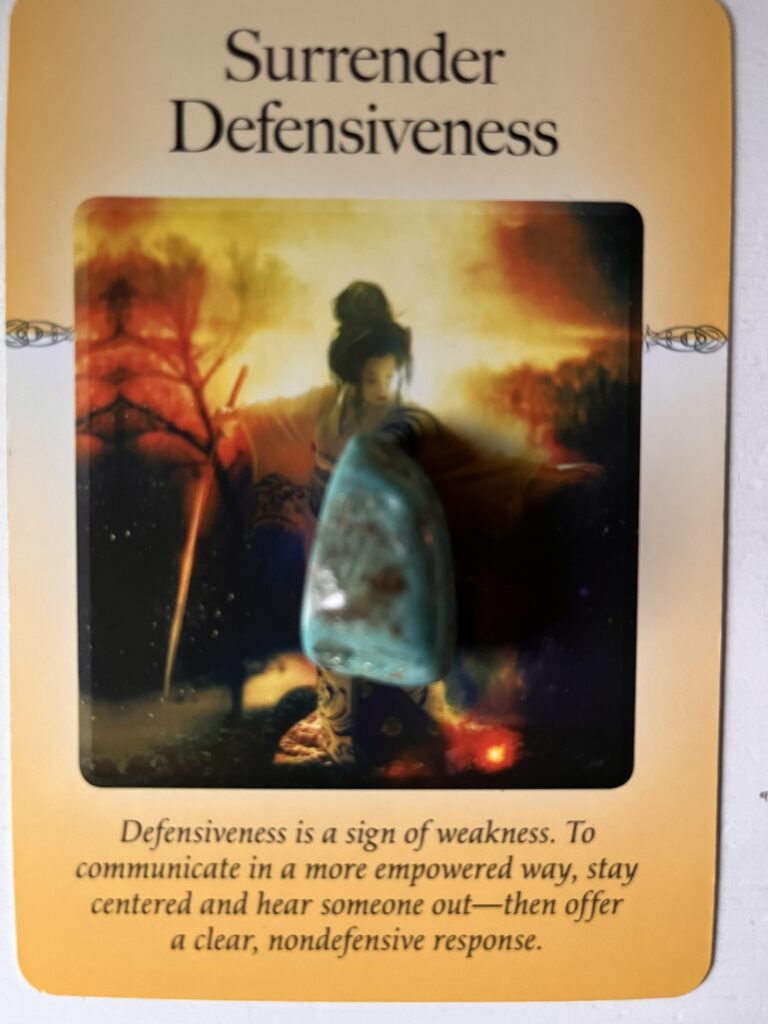
Are you often on guard, ready to defend yourself in conversations? If so, it’s time to let go of that defensive armor and embrace a more open, empowered form of communication. Surrendering defensiveness means relinquishing the need to constantly protect and justify oneself. This behavior usually stems from insecurity or fear, and by recognizing it, you can foster greater understanding, connection, and self-confidence in your interactions.
To begin, cultivate self-awareness by identifying when you’re feeling defensive in a conversation. Notice any physical signs, such as a racing heartbeat or tightness in your chest. These can indicate that you’re emotionally triggered and might be inclined to respond defensively. Next, practice active listening. Focus on understanding the other person’s perspective, and resist the urge to interrupt or prepare a rebuttal while they’re speaking. By showing empathy and validating their feelings, you’ll foster an atmosphere of trust, enabling both parties to communicate more openly.
Finally, don’t be afraid to be vulnerable. Share your thoughts and feelings honestly without attempting to control the outcome of the conversation. Remember, it’s okay to ask for clarification or express uncertainty. When you feel the need to defend yourself, pause and take a deep breath. Consider the other person’s perspective and try to respond with openness and curiosity instead. By embracing these strategies, you’ll find yourself surrendering defensiveness, allowing for more authentic, connected conversations and a boost in your self-confidence.
